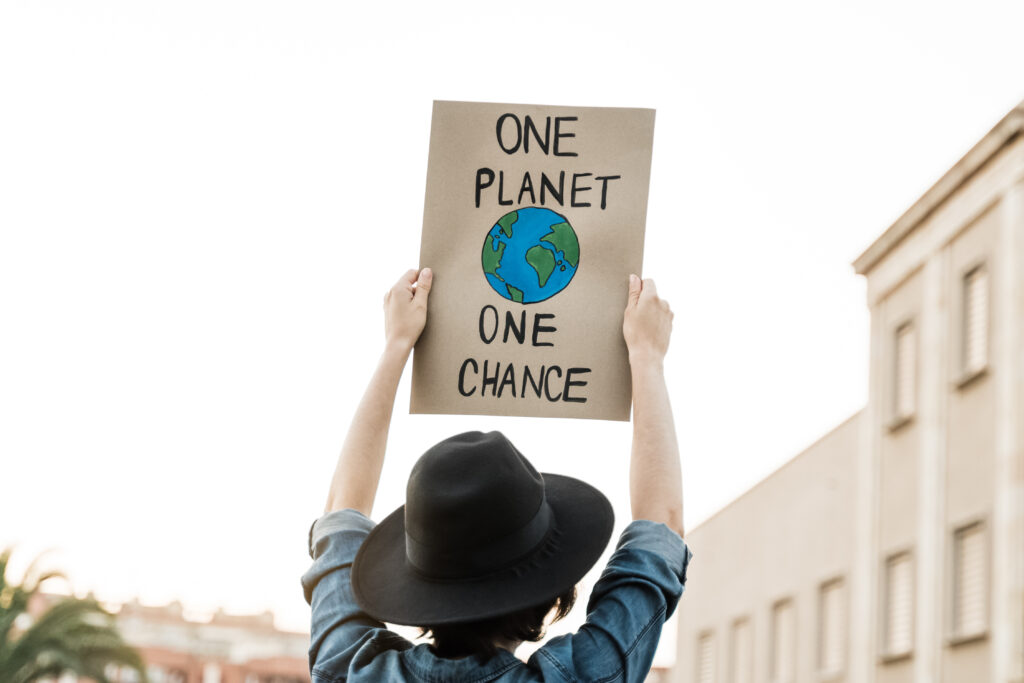UNDP and GEF announce $1.4 billion fund to address global environmental crises
The $1.4 billion fund by UNDP and GEF will be dedicated to combatting biodiversity loss and climate change, with a particular focus on supporting the most vulnerable communities

In a landmark announcement, the Global Environment Facility (GEF) and the United Nations Development Programme (UNDP) have unveiled a groundbreaking funding initiative aimed at addressing urgent environmental crises worldwide.
The $1.4 billion fund will be dedicated to combatting biodiversity loss and climate change, with a particular focus on supporting the most vulnerable communities, including women disproportionately affected by these planetary challenges. This article explores the significance of this initiative, its key objectives, and the expected impact on the environment and local communities.
Tackling Environmental Crises at Scale
The newly announced funding program is set to directly benefit 14 million people globally, emphasizing the need to address the disproportionate impact on women. With over $500 million being allocated across 88 countries, the initiative primarily targets Least Developed Countries and Small Island Developing States.
The UNDP, as the lead agency for the Blue and Green Islands Integrated Program, will work closely with United Nations agencies and development partners to help countries utilize the resources effectively to address severe environmental and socio-economic shocks faced by frontline communities.
Aligning with Global Frameworks and Priorities
The fund’s allocation will be strategically aligned with the Kunming-Montreal Global Biodiversity Framework targets, focusing on nature restoration, climate change mitigation, and sustainable development. By channeling resources toward forest conservation, combating chemical and plastic pollution, and ecosystem restoration, the initiative aims to catalyze sustainable blue and green pathways that contribute to achieving the Sustainable Development Goals.
To maximize impact, the UNDP will collaborate with partners to unlock an additional $9 billion in capital across 88 countries. By de-risking policy and providing incentives, the initiative seeks to encourage public and private sector investment, including from development banks. This funding will enable businesses, Small and Medium Enterprises (SMEs), and communities to adopt more resilient, sustainable, and low-carbon practices, fostering economic growth while safeguarding natural resources.
Supporting Local Communities
Recognizing the vital role of local communities, indigenous peoples, and youth in environmental stewardship, the UNDP will operationalize the GEF’s Small Grants Programme. This program, with an allocation of over $137 million, builds upon more than three decades of experience in providing direct funding to indigenous and local communities. By driving locally led action, the program empowers communities to enhance their well-being and socioeconomic benefits while protecting and restoring biodiversity.
Voices of Support from Comoros and Djibouti
Government officials from Comoros and Djibouti have expressed their appreciation for the support received from the UNDP and GEF. Mr. Houmed M’Saidié, Minister of Agriculture, Fisheries, the Environment, Tourism, and Handicrafts in Comoros, highlighted the significance of the funding in scaling up successes and implementing climate-resilient practices.
In Djibouti, where marine biodiversity plays a crucial role in economic growth, the protection and safeguarding of marine ecosystems have become more urgent than ever. UNDP’s support in Djibouti, alongside global funds like the Green Climate Fund, has been instrumental in expanding marine protected areas and improving their management and monitoring.
GEF Assembly and the Global Biodiversity Framework Fund
The 64th Council Meeting in Brazil serves as a stepping-stone to the upcoming GEF Assembly, scheduled for August in Vancouver. At the Assembly, a Global Biodiversity Framework Fund is expected to be launched, uniting government representatives, businesses, and civil society from the GEF’s 185 member countries. With a strong emphasis on youth participation, this forum aims to reinforce global commitment to biodiversity conservation and environmental sustainability.
With a focus on local communities, indigenous stewardship, and sustainable practices, this initiative has the potential to create a more resilient and environmentally sustainable future for generations to come.


